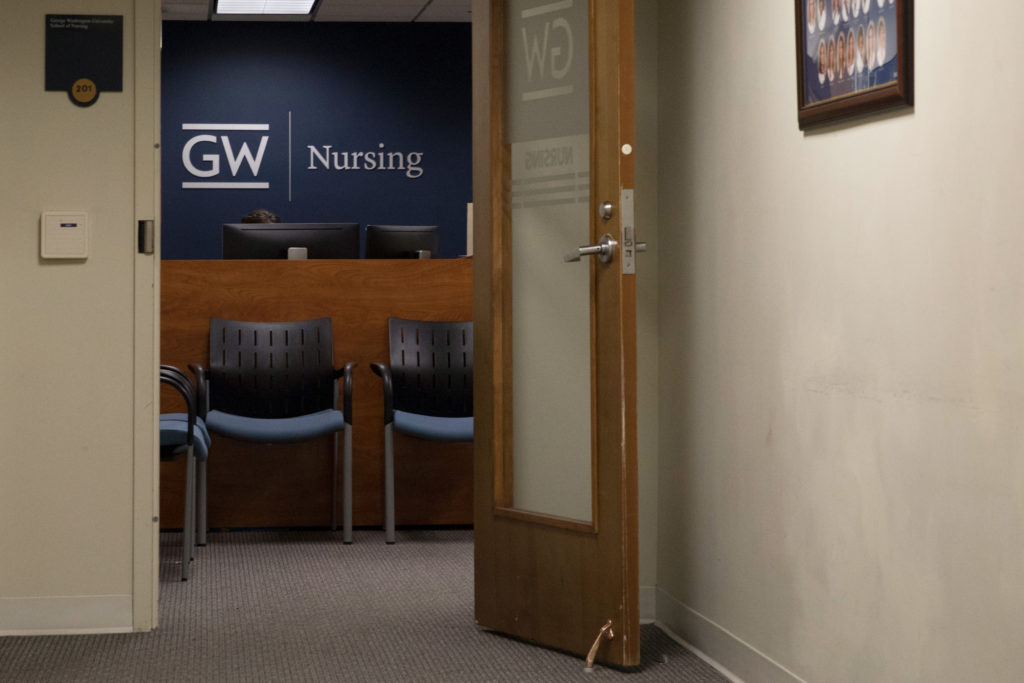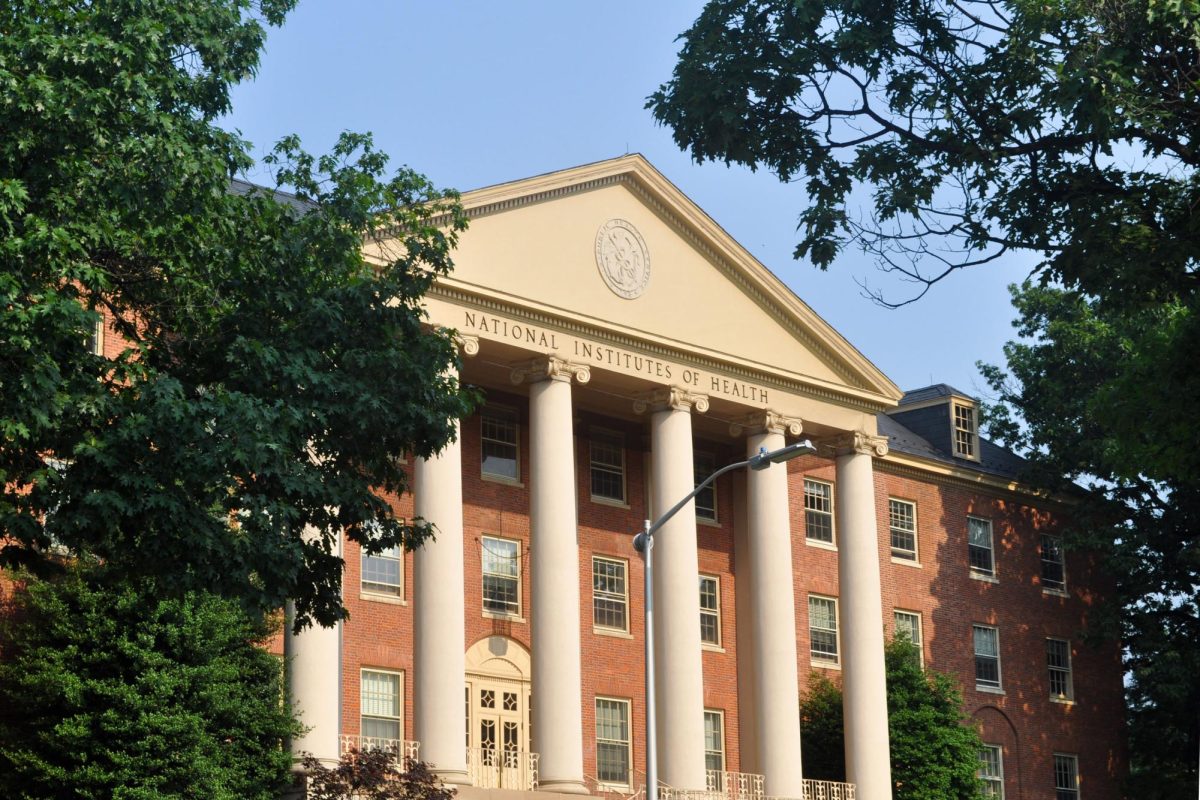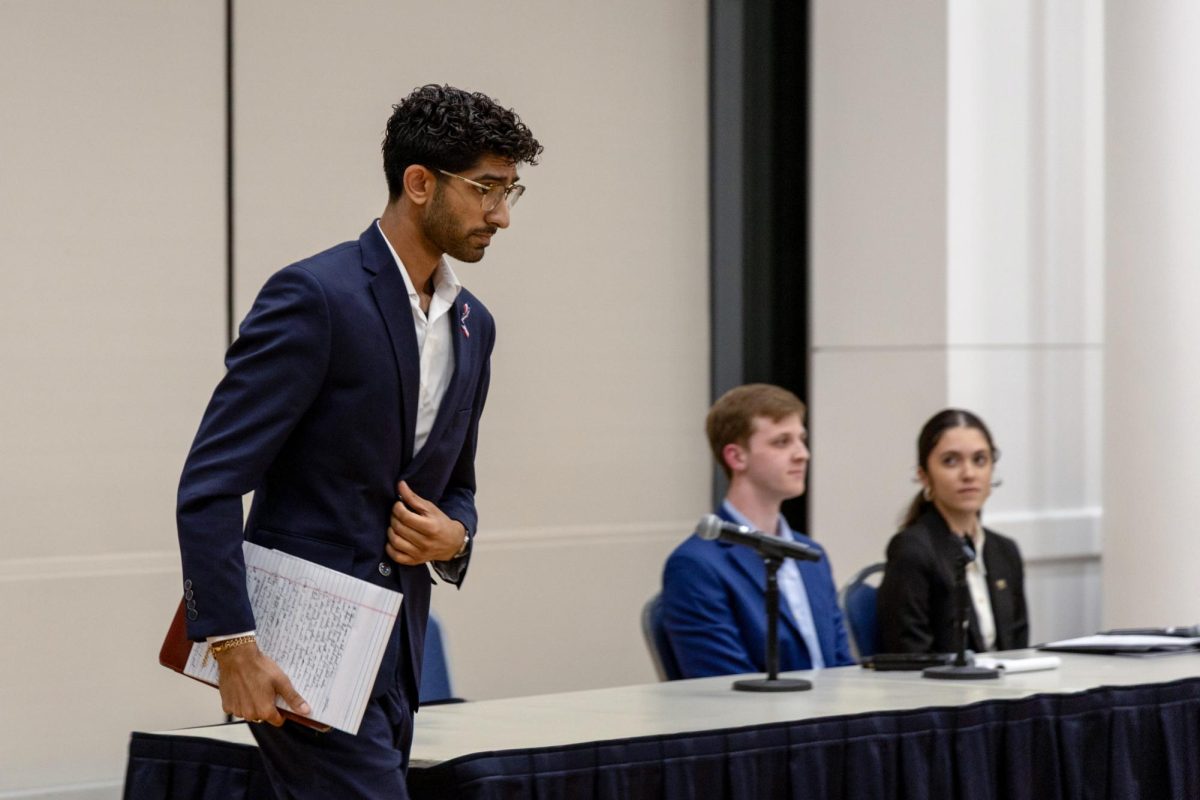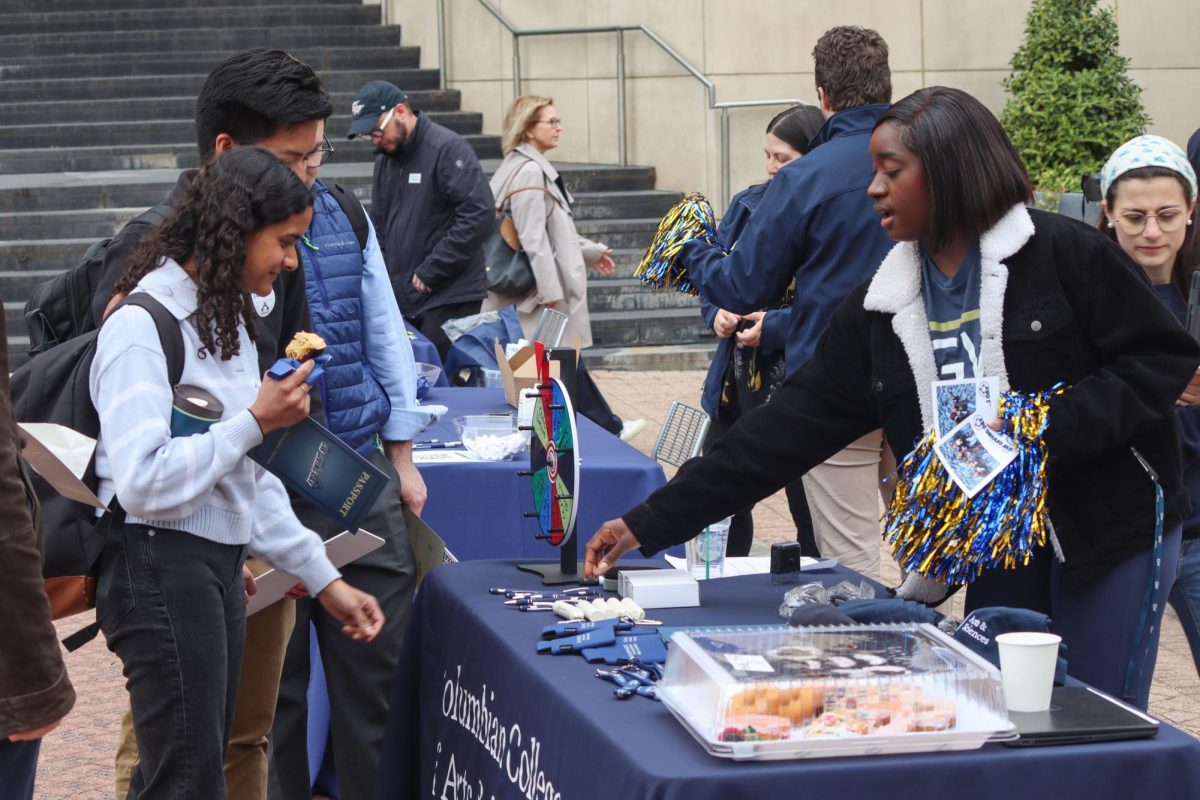The D.C. Housing Authority is partnering with the School of Nursing and United Medical Center to provide health screenings and COVID-19 testing to residents in some of its properties.
Beginning this month, members of the UMC’s mobile health clinic will visit 16 of its senior and disabled properties, eight properties that house families in Wards 6, 7 and 8 and the DCHA headquarters, according to a D.C. Housing Authority press release. The clinic visits, partially funded by the CARES Act, are meant to provide primary care and health screenings and COVID-19 testing to residents who haven’t been able to access health care providers due to the ongoing pandemic, the release states.
Tyrone Garrett, the executive director of DCHA, said in the release that many of DCHA’s residents have been unable to visit their health care providers while staying at home to prevent the spread of COVID-19.
“These partnerships seek to eliminate barriers to health care, reduce health disparities and make it easier for many of the District of Columbia’s most vulnerable residents to receive quality health services in their community,” Garrett said.
The mobile clinic will also assist residents who may have limited mobility, experience chronic medical conditions or face challenges accessing transportation, the release states.
The release states that Erin Athey, a nurse practitioner at UMC and an assistant professor of nursing, spearheaded the partnership from her work in the Southeast D.C. community.
“It’s important that we realize that most of health happens outside of the clinic setting,” Athey said. “Bringing both practitioners and students out to the community, particularly during the COVID-19 pandemic, expands the ability for health care to reach more people. It’s a win/win.”
Pamela Jeffries, the dean of the nursing school, said in the release that the nursing school is “excited” about the partnership.
“Not only does it give our students the opportunity to provide a valuable service to the community, it also allows them to experience nursing in a nontraditional way, outside of the hospital and clinic settings,” Jefferies said.







